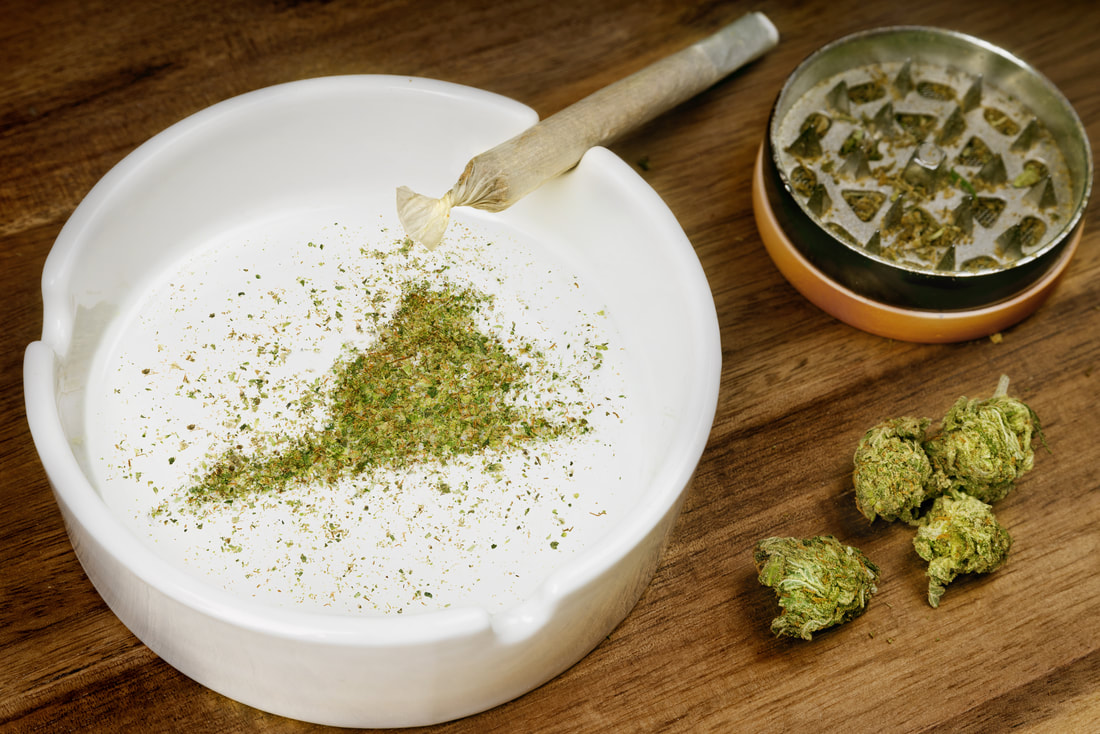|
Glenn Youngkin, the Republican governor of Virginia, on Thursday vetoed a Legislature-approved bill that would have taxed and regulated the sale of adult-use cannabis, saying marijuana sales would pose a public health and safety risk to Virginians. The veto comes as Virginia enters its fourth consecutive year of legal cannabis limbo. The state under Democratic control legalized the drug for personal use and possession in 2021, but after Republicans won the Virginia House of Delegates and the governorship that November, lawmakers failed to implement a regulated market. "Attempting to rectify the error of decriminalizing marijuana by establishing a safe and regulated marketplace is an unachievable goal," Youngkin said in his veto statement. "The more prudent approach would be to revisit the issue of discrepancies in enforcement, not compounding the risks and endangering Virginians' health and safety with greater market availability." Youngkin added that he was vetoing the legislation because "states following this path have seen adverse effects on children's and adolescent's health and safety, increased gang activity and violent crime, significant deterioration in mental health, decreased road safety, and significant costs associated with retail marijuana that far exceed tax revenue." The governor's veto statement specifically cites intentional and accidental consumption of cannabis by children and the potential health consequences of adolescent marijuana use, while blasting other states' regulated cannabis markets for failing to adequately curb illicit sales or ensure product safety. The statement also alleges that cannabis use leads to a surge in violent crime, psychiatric disorders and traffic accidents. The vetoed bills — H.B. 698 and S.B. 448 — would have levied an 8% tax on cannabis sales, in addition to a 1.125% sales tax, while allowing localities to enact via ordinance their own 2.5% tax on sales. It would have empowered regulators with the Virginia Cannabis Control Authority to license up to 350 cannabis retailers, 100 processors and 125 cultivators. The bills were passed with simple majorities in each chamber, falling short of the two-thirds supermajority support necessary to overcome a governor's veto. "Allowing cannabis sales to remain illegal and unregulated is nonsensical," said Karen O'Keefe, director of state policies for the pro-legalization Marijuana Policy Project. "By vetoing this bill, Gov. Youngkin is forcing Virginia's residents to either cross the border into Maryland to purchase cannabis, giving them the economic benefits Virginia should be receiving, or turn to the illicit market, putting the buyers and sellers at risk." In 2021, Virginia made history as the first southern U.S. state to legalize marijuana for adult recreational use, when the Legislature approved the legalization proposal put forth by then-Gov. Ralph Northam, a Democrat. The law legalized possession and use of cannabis for adults 21 and over, but contained a reenactment clause requiring state lawmakers to re-approve prongs of the legislation that focused on licensing regulated cannabis retailers and other businesses. Unlike the vast majority of states that converted from a medical marijuana regime to adult-use legalization, Virginia did not allow its medical marijuana dispensaries to begin general retail sales to adults 21 and over. When Republicans took control of the House of Delegates and governorship in the November 2021 election, standing up the state's regulated cannabis retail market took a back seat. While under GOP leadership, the chamber nixed multiple legislative efforts aimed at establishing a regulated cannabis marketplace. A cannabis regulation bill passed the Democrat-controlled state Senate in 2023 on a largely party-line 24-16 vote, with two Republicans joining the Democratic majority to approve the bill and no Democrats voting against it, only for it to die in a GOP-controlled House of Delegates subcommittee. Prior to that, in 2022, Republicans on a Virginia House subcommittee defeated on a 5-3 party-line vote a bill that would have implemented a regulated adult-use cannabis market. Democrats' success in regaining control of both chambers of the Virginia General Assembly on Election Day 2023 gave cannabis reform advocates renewed hope of seeing regulated sales commence in the state, an effort that stalled out under two years of Republican House control. JM Pedini, development director for the National Organization for the Reform of Marijuana Laws, or NORML, and executive director of the group's Virginia chapter, said Thursday that the veto showed "exactly how out of touch [Youngkin] is with the widely accepted science and policy research on cannabis in the US." Pedini continued, "Virginians deserve better than this head-in-the-sand approach to lawmaking from their elected officials. The only protection Youngkin's veto provides is to the illicit market that has ballooned during his time [in] office." In addition to the marijuana bills, Youngkin on Thursday also vetoed a bill to increase the minimum wage to $15 per hour, saying, "Allowing the free market to operate is the only proven long-term path toward sustainable economic growth and prosperity." Similar to Virginia, the District of Columbia has legalized adult-use cannabis but has no legal sales. In the district's case, this is because Congress has consistently prevented D.C. from establishing a regulated marketplace. Virginia's neighbor Maryland legalized cannabis via ballot referendum on Election Day in 2022, with regulated sales beginning in summer 2023.
0 Comments
Leave a Reply. |
HISTORY
April 2024
Categories |
© Walk 4 Change. All rights reserved.


 RSS Feed
RSS Feed